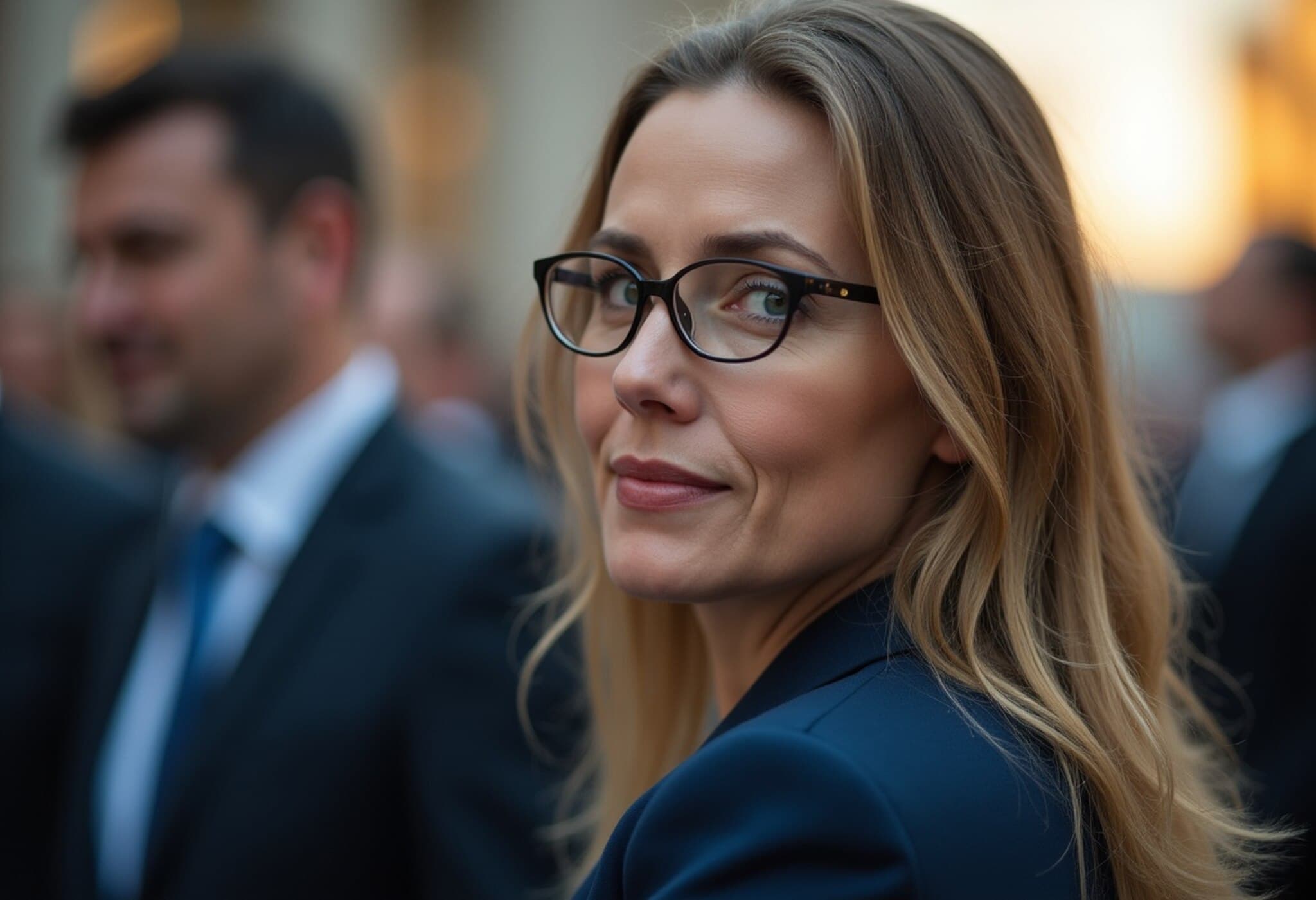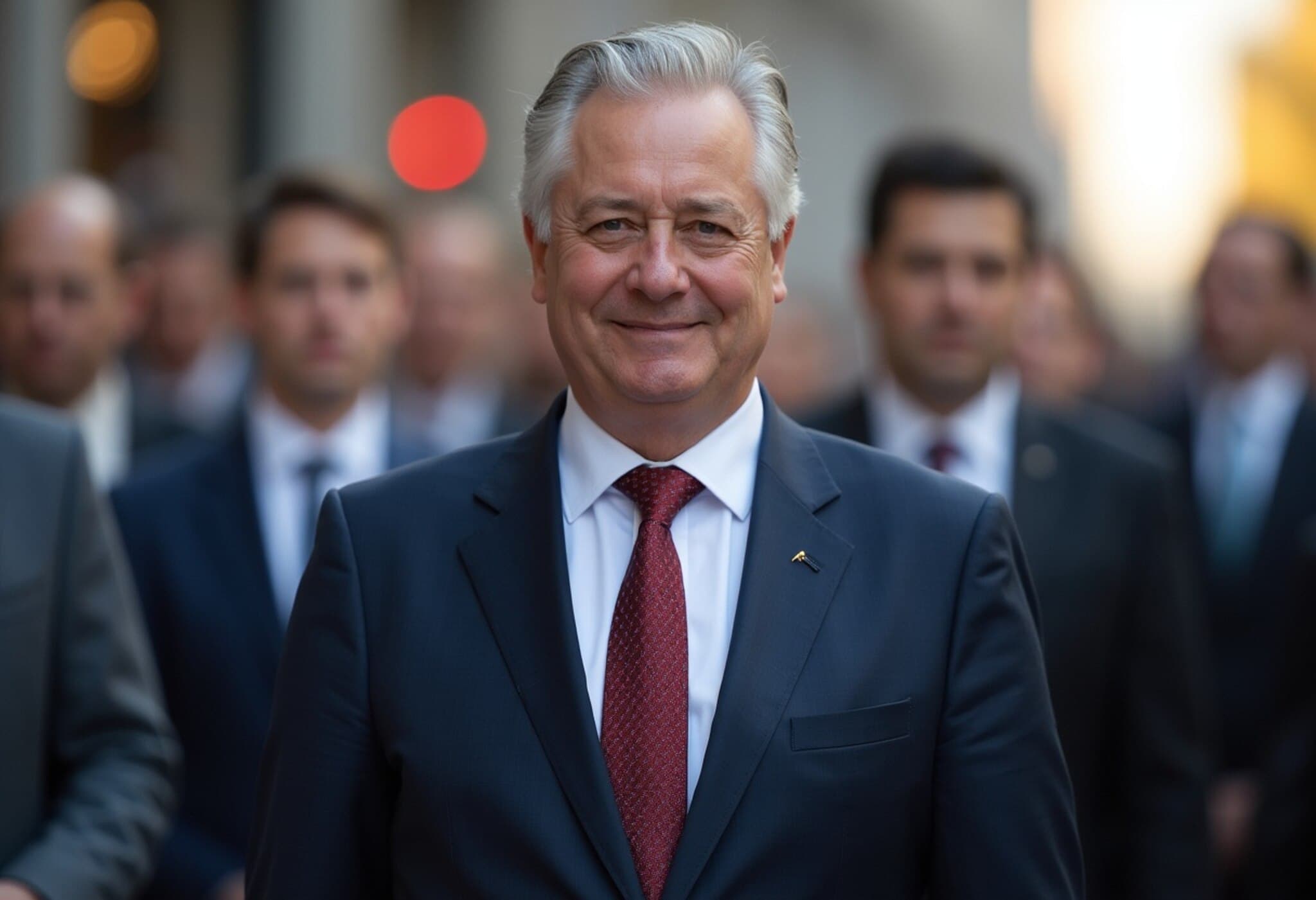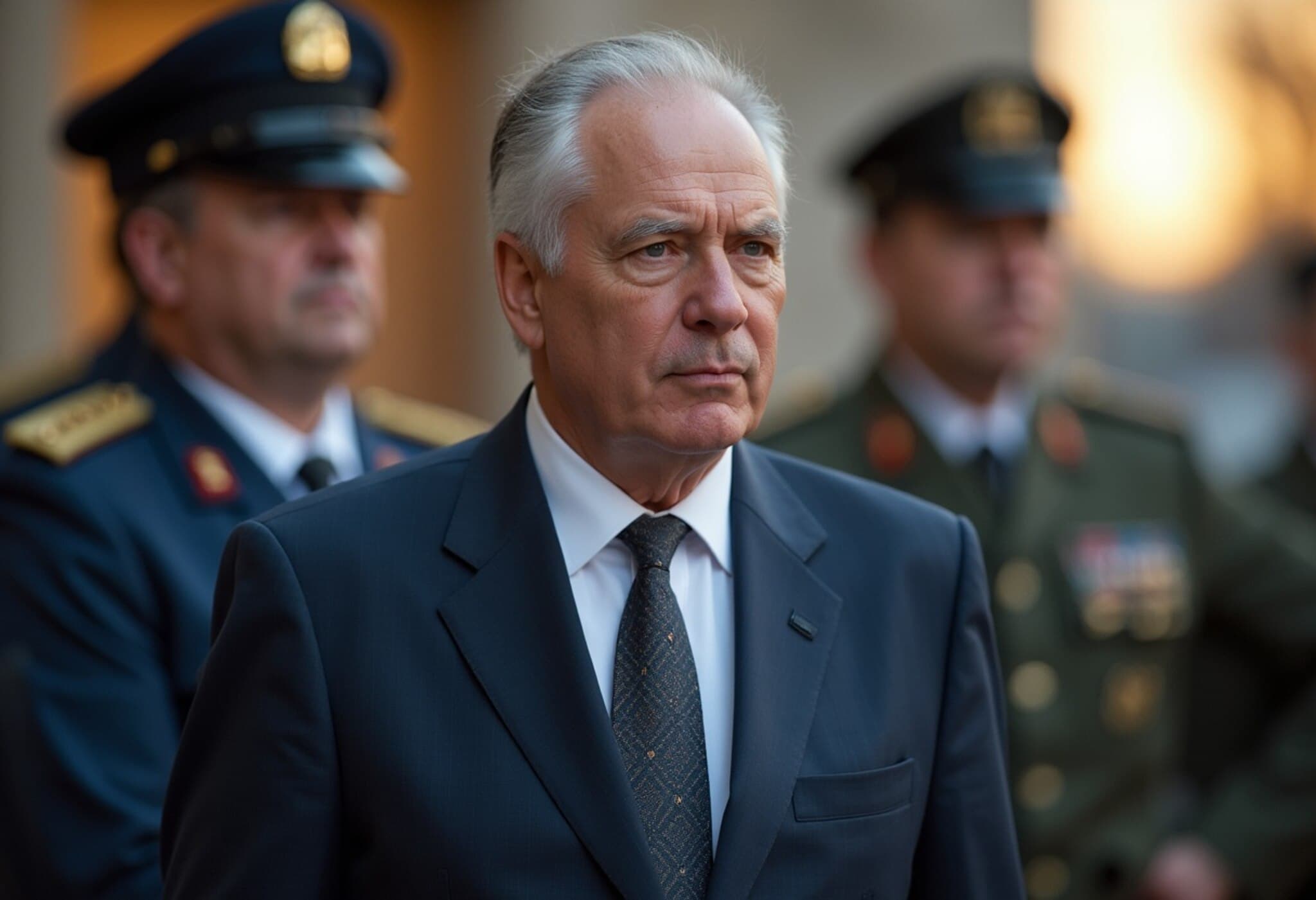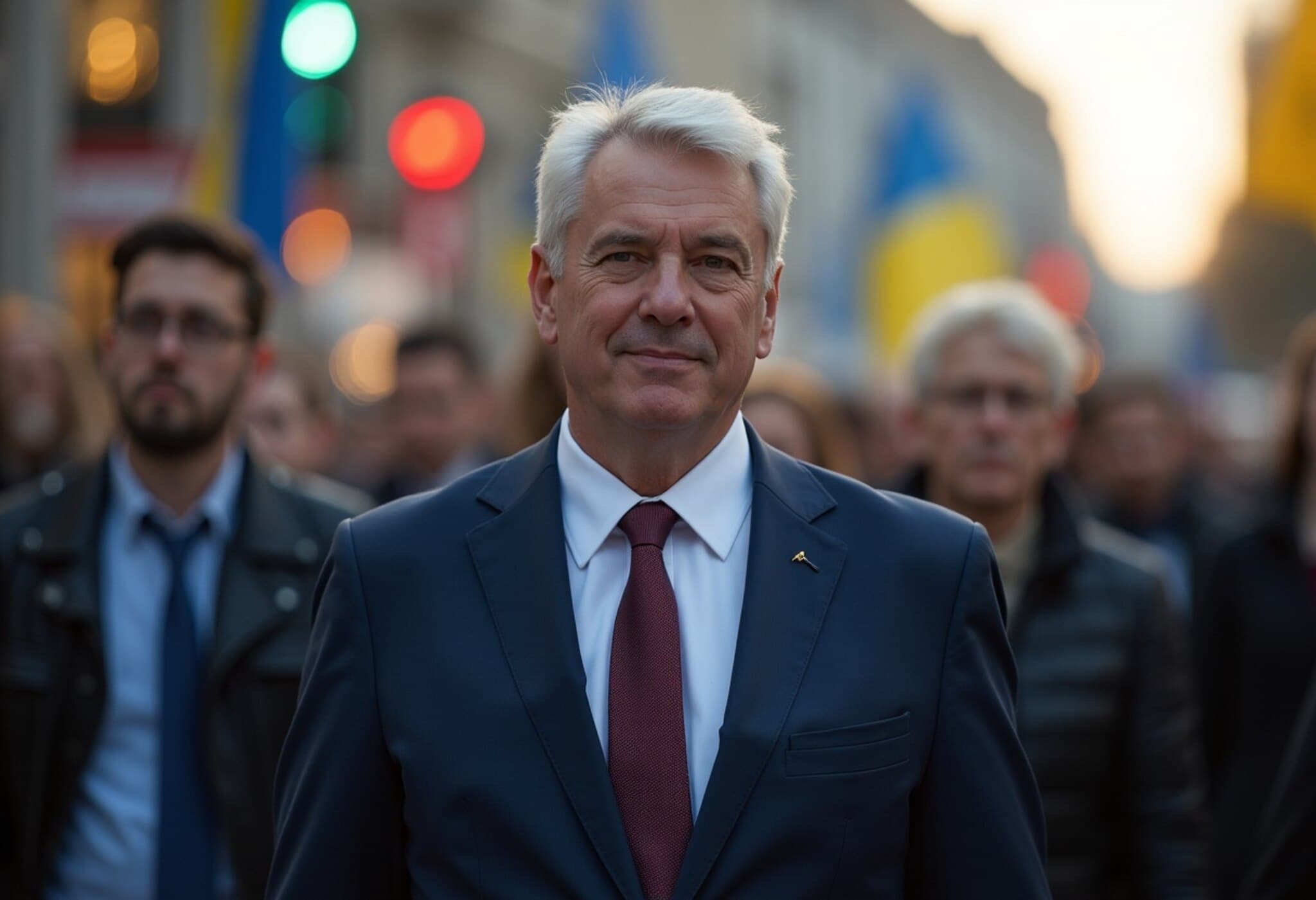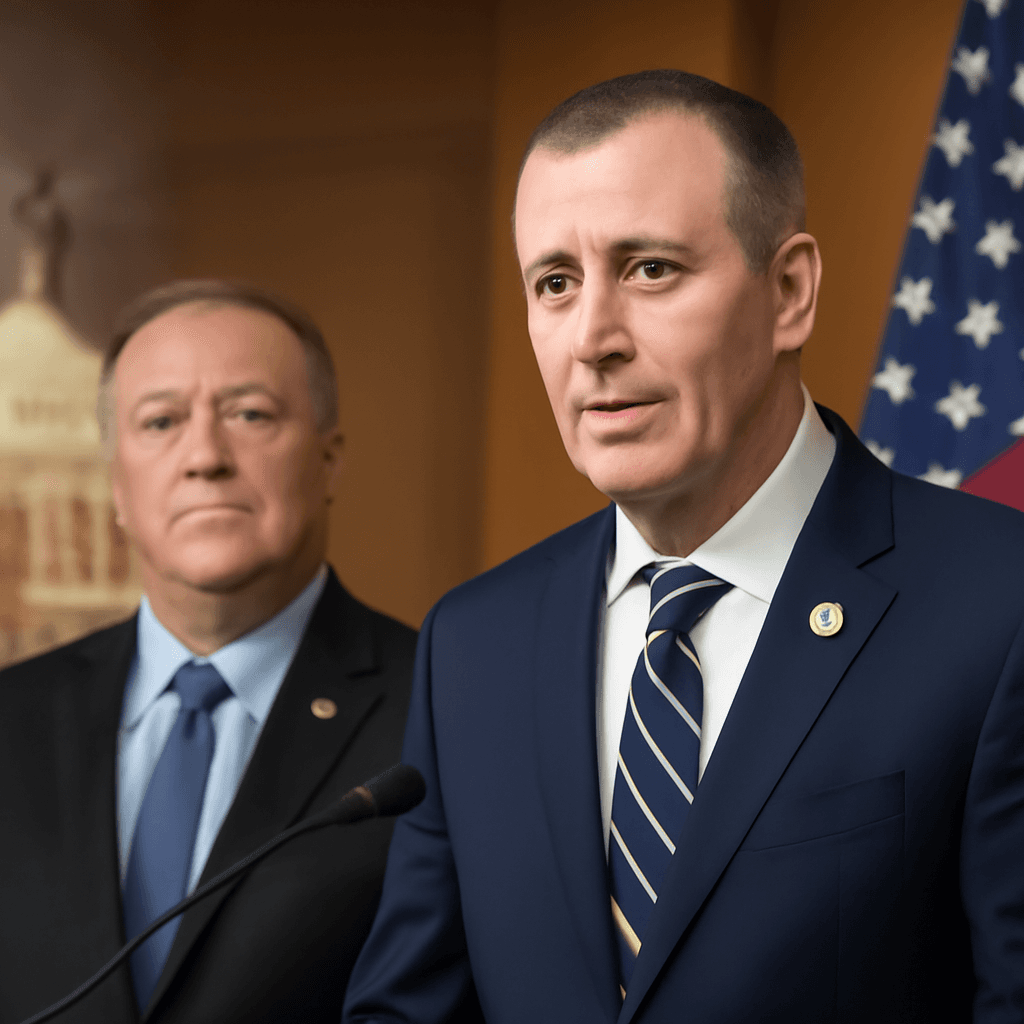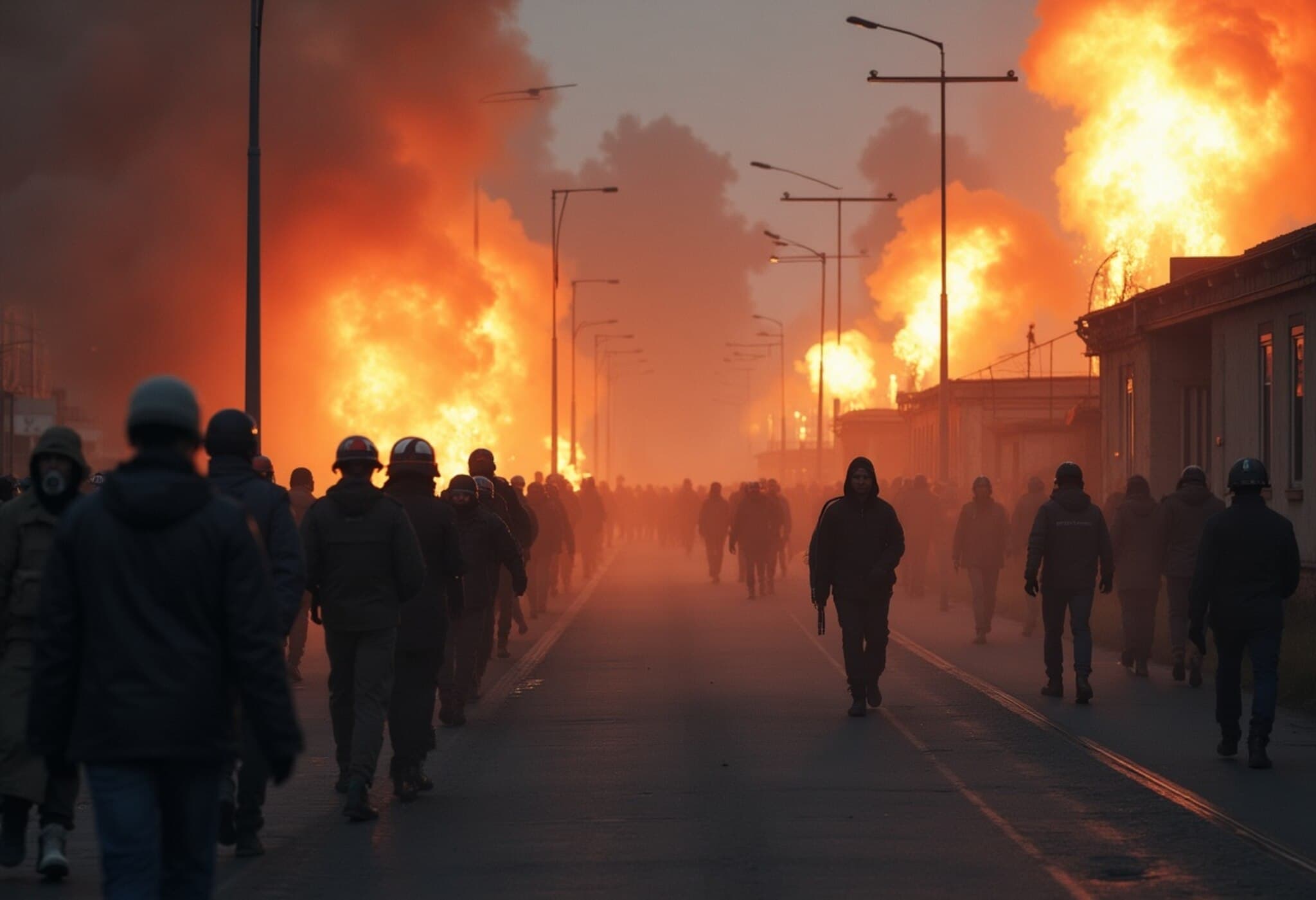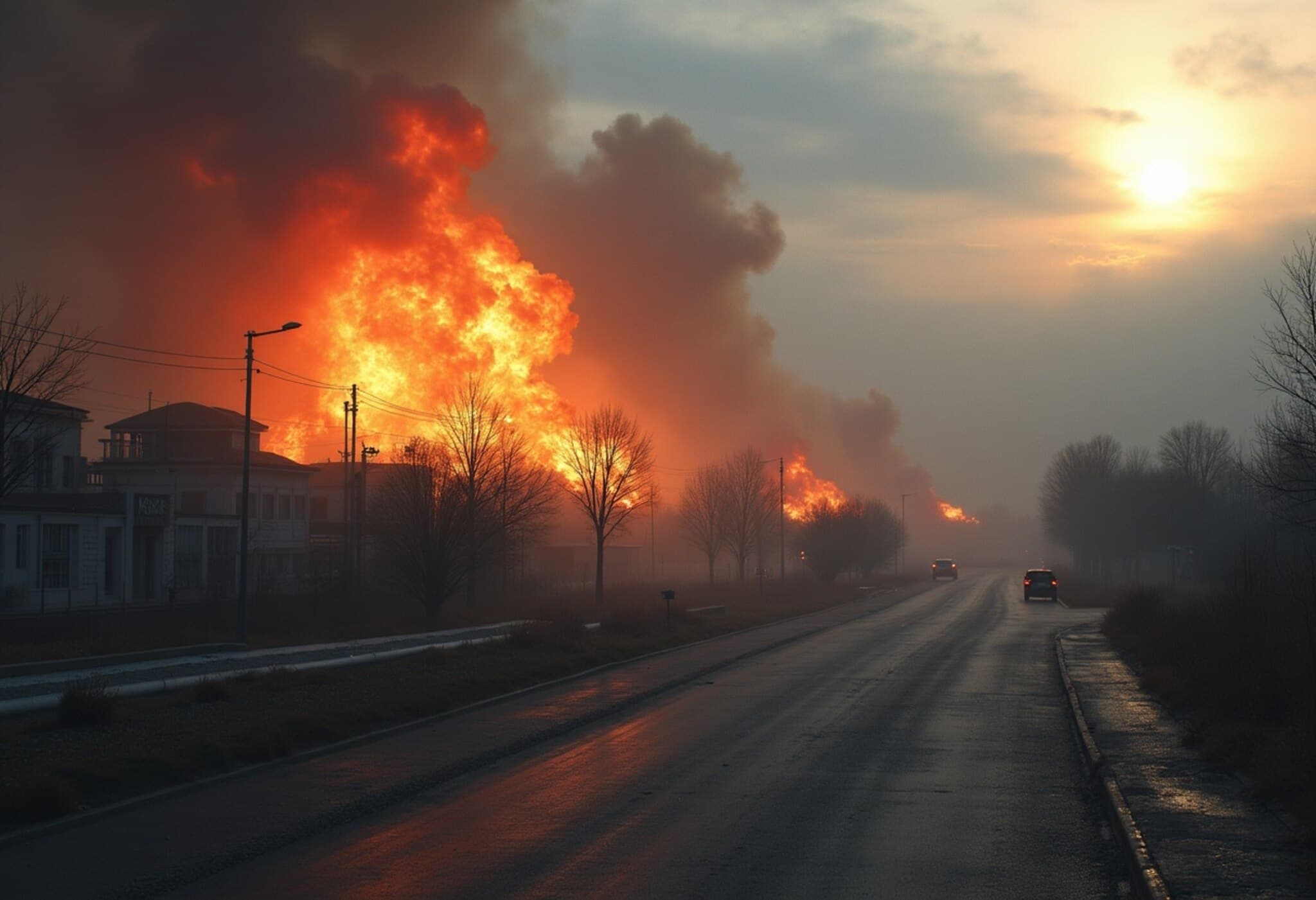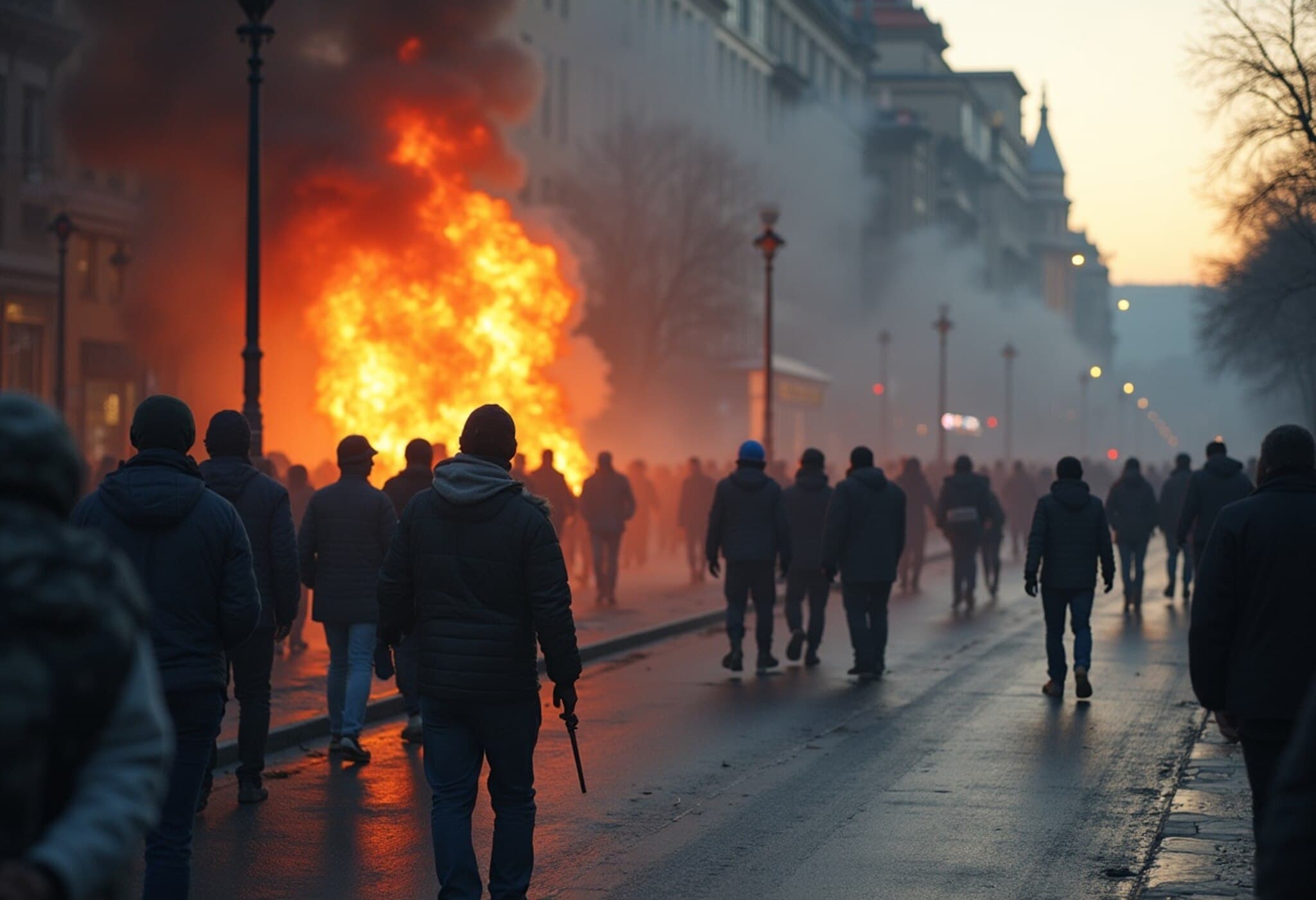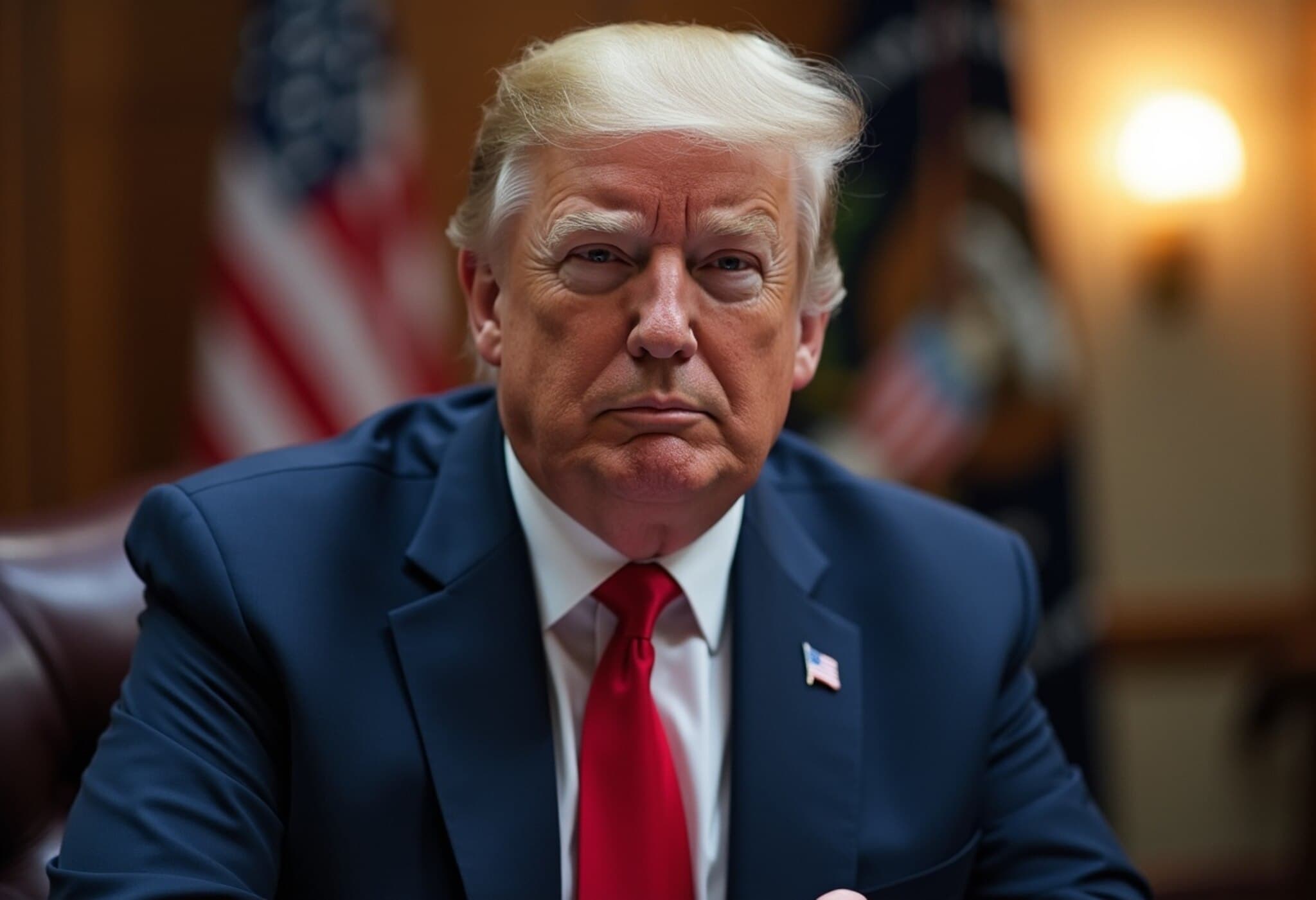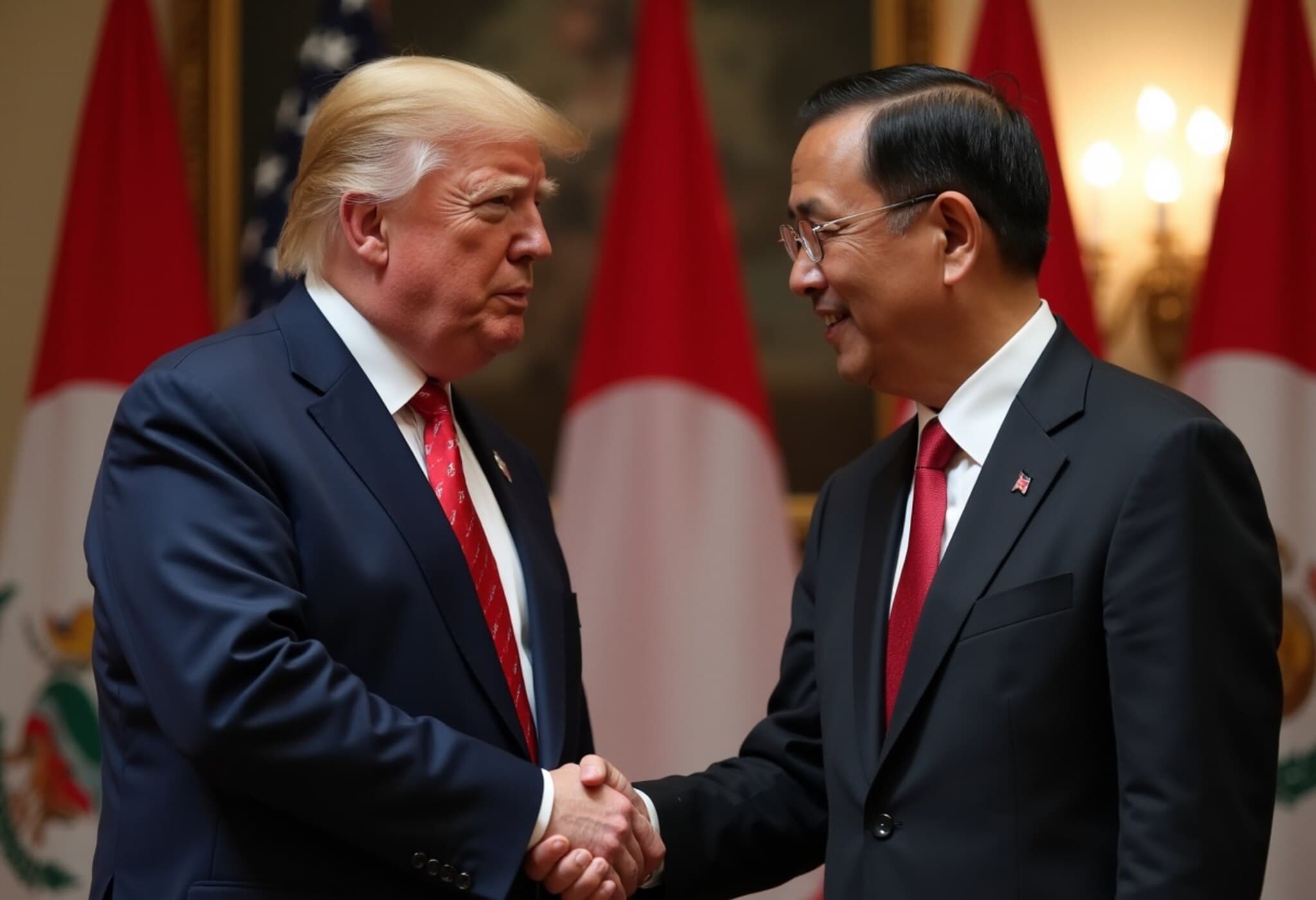Ukraine's Prime Minister Denys Shmyhal Steps Down in Pivotal Government Reshuffle
In a significant political development amid escalating conflict and diplomatic deadlock, Ukrainian Prime Minister Denys Shmyhal has tendered his resignation. The announcement came on Monday through a heartfelt Telegram post, where Shmyhal shared a handwritten resignation letter signaling the end of his tenure. This resignation follows closely after President Volodymyr Zelenskyy nominated First Deputy Prime Minister Yulia Svyrydenko as his successor, marking a major government overhaul since Russia’s invasion of Ukraine began over three years ago.
Shmyhal’s Resignation: A Message of Gratitude and Resolve
In his resignation message, Shmyhal expressed deep appreciation for Ukraine’s defenders, the President, and his team, reflecting the emotional toll of ongoing war and governance under pressure. “Thank you to our defenders who are holding the front and protecting Ukraine! Thank you to the President of Ukraine for the trust! Thank you to the entire team for their tireless work for our country! Glory to Ukraine!” he wrote, underscoring the resilience of Ukrainian leadership during turbulent times.
Zelenskyy’s Decision to Renew Leadership Amid Crisis
President Zelenskyy’s nomination of Yulia Svyrydenko signals a strategic bid to inject fresh momentum into Ukraine’s government as it faces multiple challenges:
- Persistent Russian Drone and Missile Attacks: Cities across Ukraine continue to endure aggressive strikes, impacting civilian life and infrastructure.
- Stalled Cease-Fire Negotiations: Attempts to negotiate peace, including those mediated by former U.S. President Trump’s administration, have yet to make headway.
- Military Setbacks and Battlefield Pressure: Ukrainian forces encounter tactical difficulties, necessitating recalibrated governmental strategies.
The nomination now awaits approval by the Ukrainian Parliament, where Zelenskyy’s political party holds a majority, implying a likely smooth confirmation process. This leadership change reflects Kyiv’s proactive approach to governance amid war — aiming to strengthen administrative efficiency and international confidence.
The Broader Implications for Ukraine and Global Observers
Political turnovers during wartime can ripple beyond borders. For Ukraine, Shmyhal’s resignation and Svyrydenko’s appointment could:
- Signal Internal Adaptability: Demonstrate Kyiv’s responsiveness to evolving warfront demands and domestic expectations.
- Influence International Support: Show allies that Ukraine’s government remains robust and capable of reform even under strain, which is critical for sustaining aid and diplomatic backing.
- Reframe Political Narratives: Potentially shift internal policy priorities towards more focused economic recovery efforts and efficient resource allocation.
For policymakers and analysts in the U.S. and Europe, this move underscores the importance of maintaining vigilant engagement with Ukraine’s evolving political landscape. Understanding these shifts is vital for tailoring foreign aid, security assistance, and diplomatic initiatives.
Underreported Dimensions and Critical Questions
Amid reporting on the leadership change, less attention has been paid to Svyrydenko’s policy outlook and how her governance style might differ from Shmyhal’s. Questions worth exploring include:
- What new strategies might Svyrydenko bring to Ukraine’s war economy and civilian protection?
- How will this shift impact Ukraine’s negotiation stance with Russia and international partners?
- Could this be a precursor to further reforms in Ukraine’s political institutions aimed at post-war reconstruction?
These inquiries highlight the need for deeper journalistic and analytical coverage moving forward.
Editor’s Note
Prime Minister Denys Shmyhal’s resignation amid Ukraine’s ongoing conflict is not only a pivotal domestic event but a signal to the global community about Kyiv’s resilience and adaptability. As Yulia Svyrydenko steps forward, observers should closely watch how leadership changes influence Ukraine’s capacity to sustain defense, manage its war economy, and navigate complex international diplomacy. This transition invites critical reflection on governance under pressure and the path towards Ukraine’s recovery and sovereignty.

